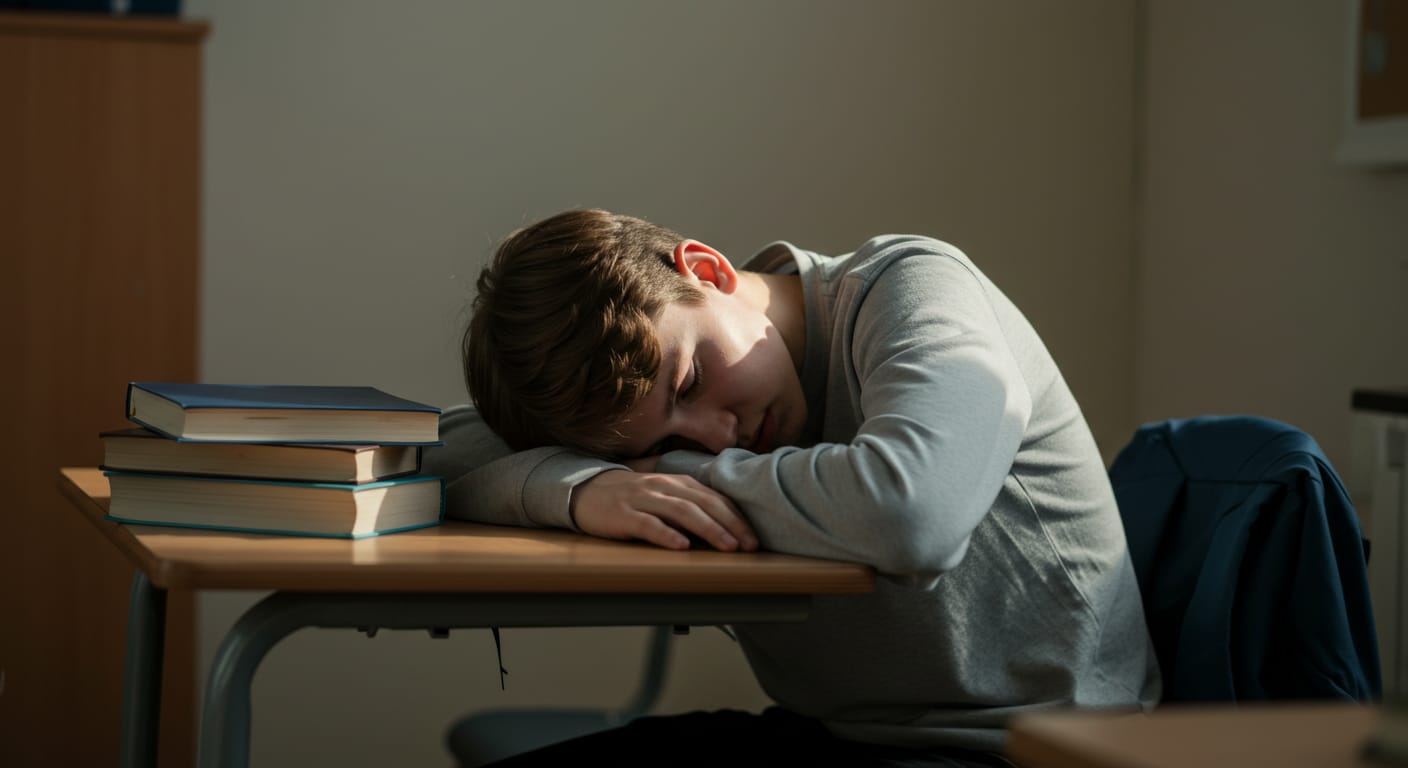Sleep and Mental Health in Teens
Nap times and teenage depression are growing concerns among today’s adolescent population. Common symptoms of depression include low energy, fatigue, and withdrawal from daily activities. For many teens, depressive thoughts and symptoms appear before sleep disruptions occur—while for others, depression may develop as a result of ongoing sleep issues.
The Link Between Depression and Sleep
Depressive disorders and sleep problems are closely connected. They often share similar biological pathways and may even respond to the same treatment strategies. If untreated, both conditions can worsen, potentially leading to additional physical and mental health challenges.
-
Insomnia is one of the most common symptoms of depression in teens.
-
Teens who experience insomnia have up to 10 times greater risk of developing depression.
-
However, not all sleep disturbances mean your teen is depressed. Factors like peer pressure, screen time, and academic stress can also interfere with rest.
If you notice your teen consistently struggling with sleep or napping excessively during the day, it’s best to consult a Primary Care Physician for guidance.
When Nap Times Become a Red Flag
Excessive napping may indicate that your teen lacks a consistent and healthy nighttime sleep routine. Inadequate or irregular sleep can lead to:
-
Daytime drowsiness
-
Irritability and mood swings
-
Poor focus and concentration
-
Academic decline
It’s increasingly common for teens to nap during the day to compensate for poor sleep habits. But if your child frequently says “I’m just tired” and falls asleep easily during class—or seems difficult to wake—it may be more than just fatigue. This could be a sign of deeper emotional distress or a disrupted sleep cycle.
How Parents and Teachers Can Help
-
Watch for repeated patterns of daytime sleepiness, especially in school settings.
-
Take note if your teen’s grades are slipping due to inattention or exhaustion.
-
Support your teen in building healthy nighttime routines—no phones before bed, calming evening habits, and regular sleep schedules.
-
Make space for open conversations about stress, anxiety, and emotional overwhelm.
By ensuring your teen gets consistent rest and emotional support, you can help them stay more balanced, focused, and resilient in daily life.


